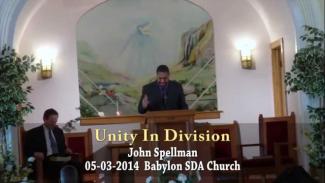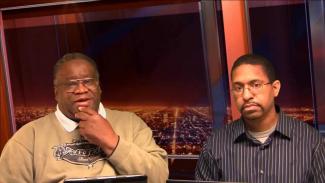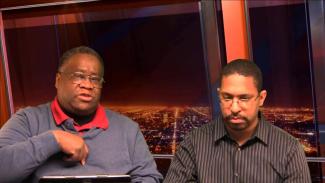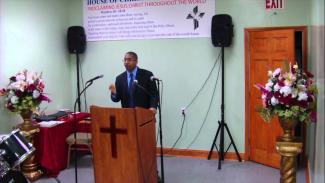John Spellman preaches on the 7th church of Revelation. What is Jesus' message to the church of our time? How does Jesus introduce Himself to the church of our time in a unique manner that addresses the unique problems and challenges of today? Jesus: the amen, the faithful and true witness, the beginning of the creation of God calls the church to recognize its true condition. As a forest of trees would be unstable and unsafe if each of those trees was not rooted in the soil, so today God's people must be rooted in Jesus and anchored in truth.












